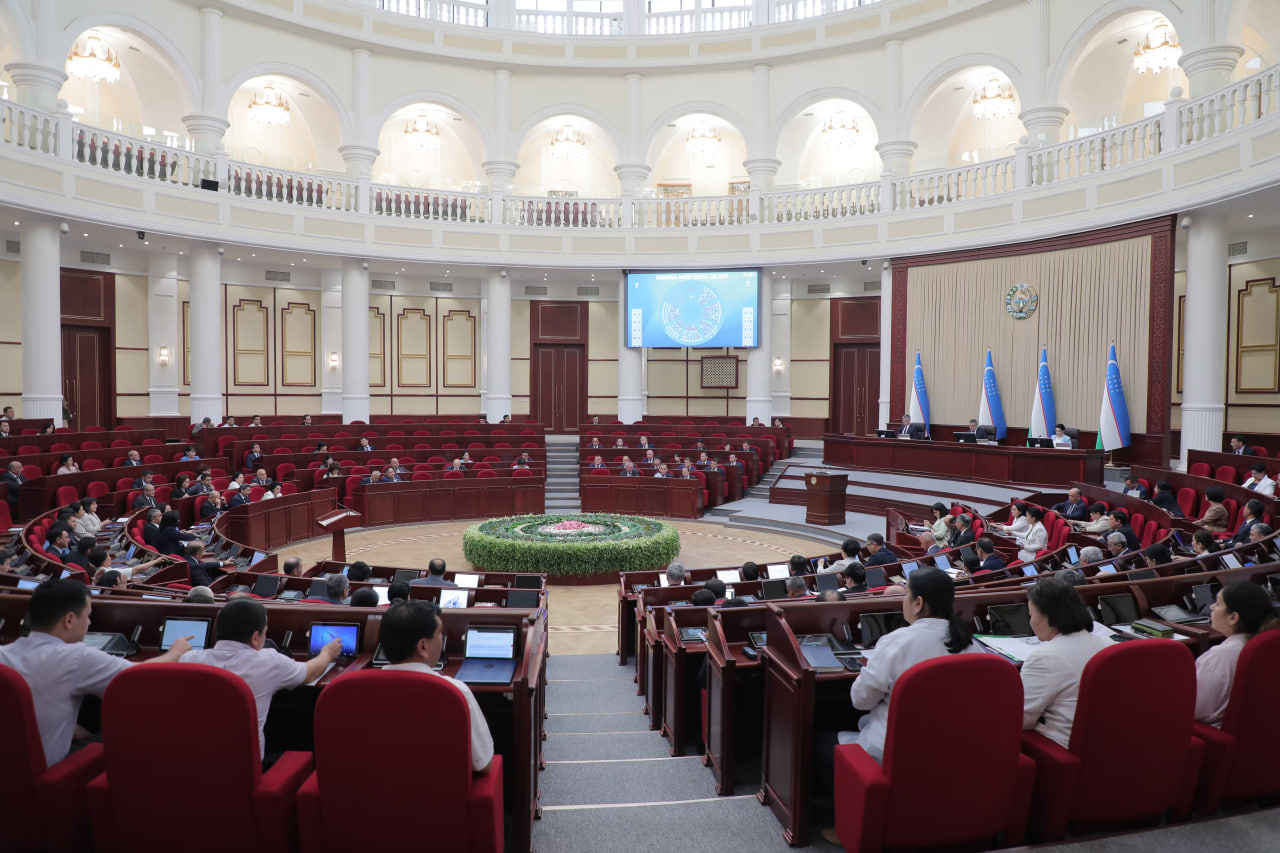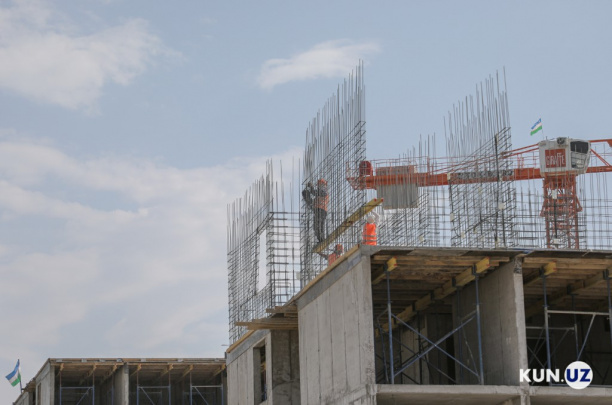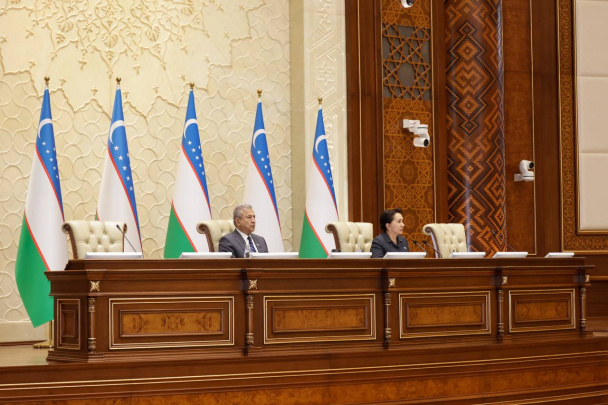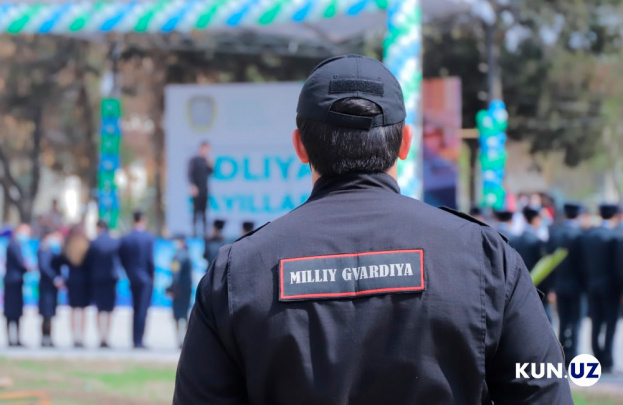New draft law ensures full property owner consent for urban renewal projects
The draft law "On Urban Renewal," which incorporates property owners' notarized consent, three types of compensation, a one-time compensation payment, and the principle of avoiding harm to the environment and nature, was adopted in its first reading at the session of the Legislative Chamber on August 5.

The draft law, initiated by the government, was put forward for public discussion in July–August last year. Although it addressed many critical issues, certain provisions sparked discontent among citizens and public activists.
Political parties also expressed active positions on the matter. Notably, the Uzbekistan Liberal Democratic Party (UzLiDeP) emphasized that renovation programs must not infringe on the inviolability of residential and non-residential properties owned by citizens and businesses. The "Adolat" party asserted that housing-related projects must rest on a solid legal foundation, with property owners' rights and interests reliably protected by law at every stage of renovation for effective implementation. The Uzbekistan Ecological Party stressed that any demolition or reconstruction must strictly adhere to environmental standards.
According to the rapporteur, Deputy Minister of Justice Makhmud Istamov, the draft's primary goal is to renovate outdated and dilapidated housing to enhance urban and neighborhood environments, modernize infrastructure, firmly protect property owners' rights and interests at the legislative level, and establish clear and transparent rules for investors and state authorities.
The draft was refined based on public feedback and objections received during discussions. Over 3,000 people participated, submitting 154 proposals and comments. Opinions, concerns, and objections expressed not only on the public discussion portal but also on social media and in mass media were thoroughly analyzed.
The rapporteur highlighted key points, noting that concerns about violations of property owners' rights during renovation were addressed. Proposals such as establishing fair compensation based on market value and defining clear criteria for renovation projects were incorporated.
Under the draft, renovation projects can be proposed by local authorities, residents, or private investors. However, proposals from residents or investors require the notarized consent of at least 80% of property owners in the area – meaning no proposal can proceed without the approval of four-fifths of the residents.
For context, renovation projects in other countries require varying levels of consent: 50% plus one vote in Turkey, 66% or two-thirds in South Korea, 70% in China, 60% in Brazil, 80% in Japan, and 50% plus one vote in New York and California, USA.
Importantly, this vote is solely for submitting a proposal. If approved, a suitable compensation option is negotiated with each property owner, and a tripartite notarized agreement is signed between the local authority, investor, and property owner. No construction or demolition will proceed without 100% property owner consent.
The draft also specifies criteria for areas eligible for renovation: recognition as a renovation zone in the area's master plan, housing deemed entirely unfit or hazardous for living, or conditions significantly affecting residents' social life.
The draft provides three compensation options: (1) providing residential or non-residential property in the renovated area’s new multi-story building; (2) offering property in another area if desired; or (3) paying the market value of the property in cash.
During construction, if a resident lives in temporary rental housing, rental costs are fully covered, and each property owner receives a one-time compensation payment of 12% of their property’s market value. This ensures residents can improve their living conditions and housing.
Construction is legally capped at two years. If the developer exceeds this period, they must pay property owners a penalty of 0.5% of the property’s market value per day of delay.
Each project will establish a dedicated directorate (legal entity) to ensure obligations between investors and property owners are met. This mechanism aims to prevent issues like unfulfilled obligations or delays, common in recent construction projects.
If a project remains incomplete, it will be transferred to the "Urban Renewal Support Fund," which will attract new investors to complete the construction, with the state guaranteeing no project will stall.
Property owners also gain the right to convert their property into shares at market value if they believe the renovation will generate significant profits, allowing them to share in the overall returns.
During the session, UzLiDeP faction member Umid Yakubkhodjayev noted that the party’s pre-election program prioritizes guaranteeing property owners’ and entrepreneurs’ rights in renovation laws. He questioned how privately owned land plots in renovation zones would be acquired, suggesting they be repurchased through agreement rather than compensated at assessed value.
In response, the bill’s sponsors clarified that it aligns with constitutional principles guaranteeing property rights, ensuring no owner can be deprived of property without a court decision or unlawfully. The Law "On Privatization of Non-Agricultural Land Plots" stipulates that privatized land can only be acquired through repurchase, and this proposal will be reviewed by the working group for the second reading.
XDP (People’s Democratic Party) faction member Dilbarkhon Mamajanova highlighted that the draft directly impacts vulnerable populations, questioning whether it might worsen their situation or deprive them of housing. She asked if the outlined procedures and guarantees sufficiently protect their interests. The sponsors reiterated that the draft aims to improve living standards, with rental costs covered and a 12% one-time payment ensuring housing upgrades.
Ecological Party deputy Noiba Inoyatova noted the existing moratorium on cutting valuable trees and shrubs outside state forest funds to mitigate environmental impact. She sought clarification on whether the draft explicitly prohibits tree cutting and mandates green spaces. The rapporteur confirmed that the principle of avoiding environmental harm is enshrined, with at least one-quarter of project areas designated for green spaces and valuable trees and cultural monuments strictly protected.
Other faction representatives’ questions, proposals, and recommendations were also heard. The presiding officer noted that while the draft was conceptually reviewed in the first reading, it has shortcomings requiring further refinement. The responsible committee and sponsors were tasked with improving the draft for the second reading based on deputies’ feedback.
Following discussions, the draft law was adopted in its first reading.
Related News

16:25 / 02.08.2025
Senate sends official inquiry to Cabinet of Ministers over widespread illegal construction

11:41 / 02.08.2025
Uzbekistan moves to soften penalties and erase records for juvenile offenders

14:53 / 01.08.2025
Uzbekistan toughens penalties for disobeying police and National Guard orders

15:45 / 31.07.2025



